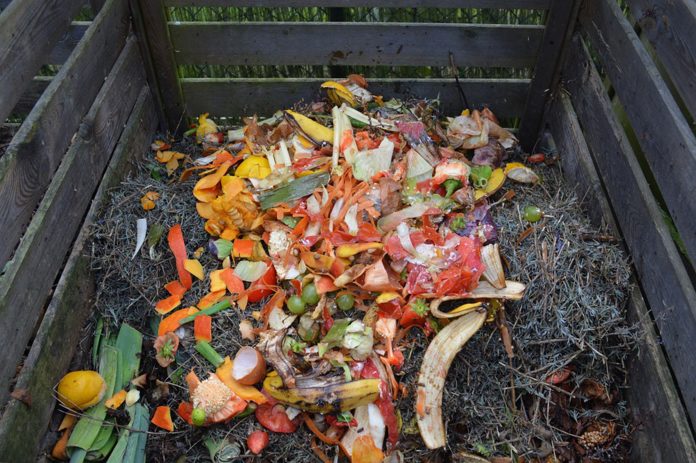
Nisar Ghani hasn’t been on the job long, but he already has some concerns.
Roughly three months ago, Ghani became the City of Prince Albert’s new sanitation manger. It’s a job that comes with a few challenges, the main one being how quickly Prince Albert’s landfill is, well, filling.
Ghani said it’s a problem that’s not unique to Prince Albert, but the situation here is worse than other communities.
“We do have to do something about that,” he said during an interview on Friday. “Our diversion rate for recycling is very low and we are getting a lot of organic waste in the landfill.”
Ghani estimates that around 40 per cent of Prince Albert’s landfill is full of recyclables like cardboard or compostable materials like food waste from the kitchen. As those materials take up more and more space they increase the spread of pollution and cost the city more money at budget time.
However, it’s not the volume that’s the problem but the lack of programming and education. Ghani said many cities around the province have both of those things in place to help reduce the load. Prince Albert doesn’t, and that’s something Ghani would like to change.
“I’m looking to do more compost (and) more recycling work with the schools because the younger generation, the school students, they can do it better than anybody,” he said.
On Friday, Ghani had part of that wish fulfilled. Residents, city officials, stakeholders and a few rows of local students gathered at John M. Cuelenaere Public Library for a Waste Reduction Week Conference.
The goal was to help people understand both what’s at stake, and what the solutions are.
“I would hope that people understand that reducing the amount of waste we produce is the most important thing to begin with, and once that waste is there, to divert as much as we can from the landfill (by) disposing only what we absolutely need to,” explained Sarah Keith, the Ministry of Environment’s Director of Air and Land Management.
Keith was one of several speakers at Friday’s event. She said Saskatchewan is behind the times when it comes to waste reduction and diversion. The problem isn’t just throwing recyclables and compost material in the trashcan. There are also too many residents burning garbage or using illegal dumping sites.
She’s concerned leachates, the liquid that drains or “leaches” from landfills, could negatively affect local ground and surface water, including the North Saskatchewan River. The province is already looking at the problem, and plans on releasing a strategy in January 2018.
“Right now, we (Saskatchewan) do generate the second highest disposal rate in the country, and the lowest diversion rate,” Keith explained. “The province is working on developing a solid waste management strategy, which hopefully will provide us with a roadmap of how we improve going into the future.”
On a local level, one of the most effective strategies to combat waste increase could be composting.
Lisa Howse, a compost education coordinator with the Saskatchewan Waste Reduction Council (SWRC), attended Friday’s event to give a short presentation on the topic.
She said composting doesn’t just reduce waste, it breaks things down in a more environmentally friendly matter. Food and yard waste create a lot of methane, an incredibly potent greenhouse gas, when sent to the landfill because there’s less available oxygen. Composts have more oxygen, which results in less methane.
“I think a lot of people think that food and yard waste would break down the same, whether they’re mixed into garbage in a landfill or whether they’re in a separate compost pile,” she said. “The idea they break down in a totally different way is surprising to a lot of people.”
Howse said composting is something people typically don’t do unless they had parents who taught them. The SWRC has created a few short videos on YouTube and Vimeo to help people get started.
Ideally, she’d like to see every community in Saskatchewan have a compost education program, and curbside compost pickup. She acknowledges, however, that the most effective tactics are also the most expensive. Starting with something more basic, like a drop-off depot or holding a waste reduction conference, are good first steps.
“It’s really exciting to see an event like this organized in Prince Albert,” she said.
@kerr_jas • jason.kerr@paherald.sk.ca

